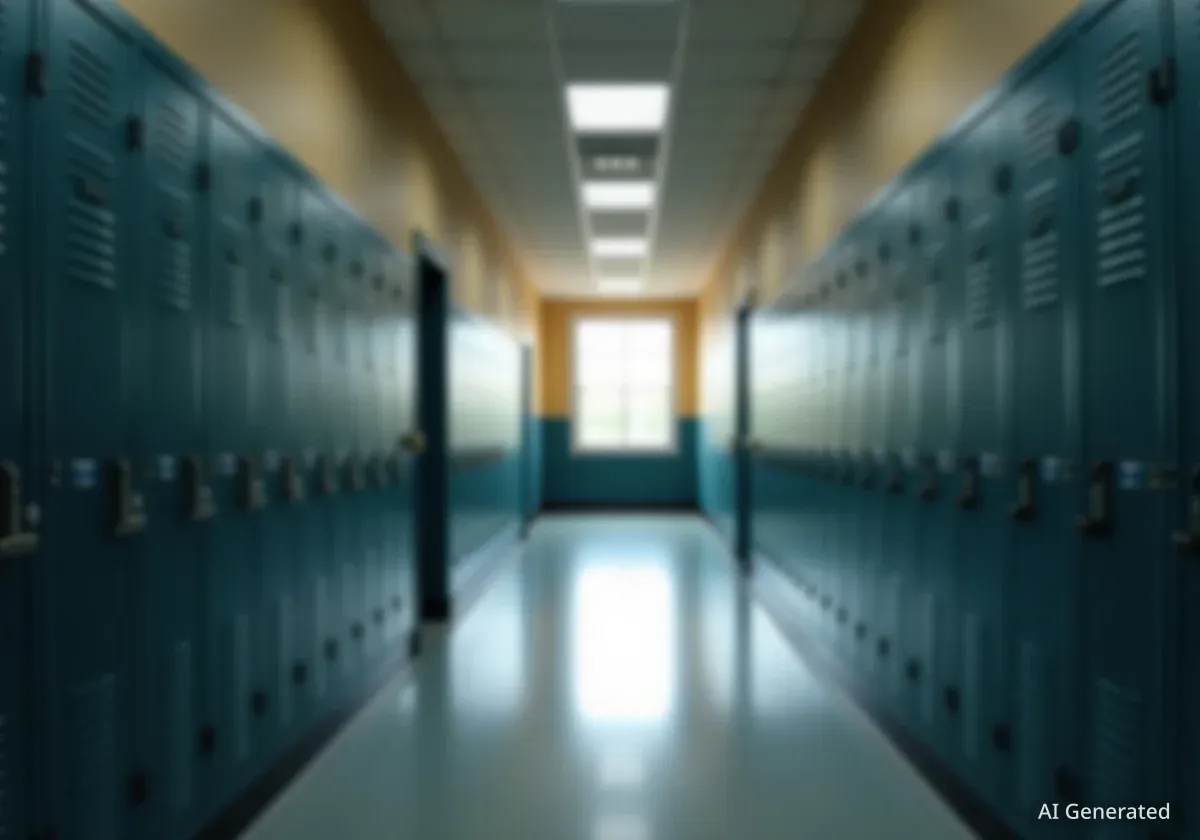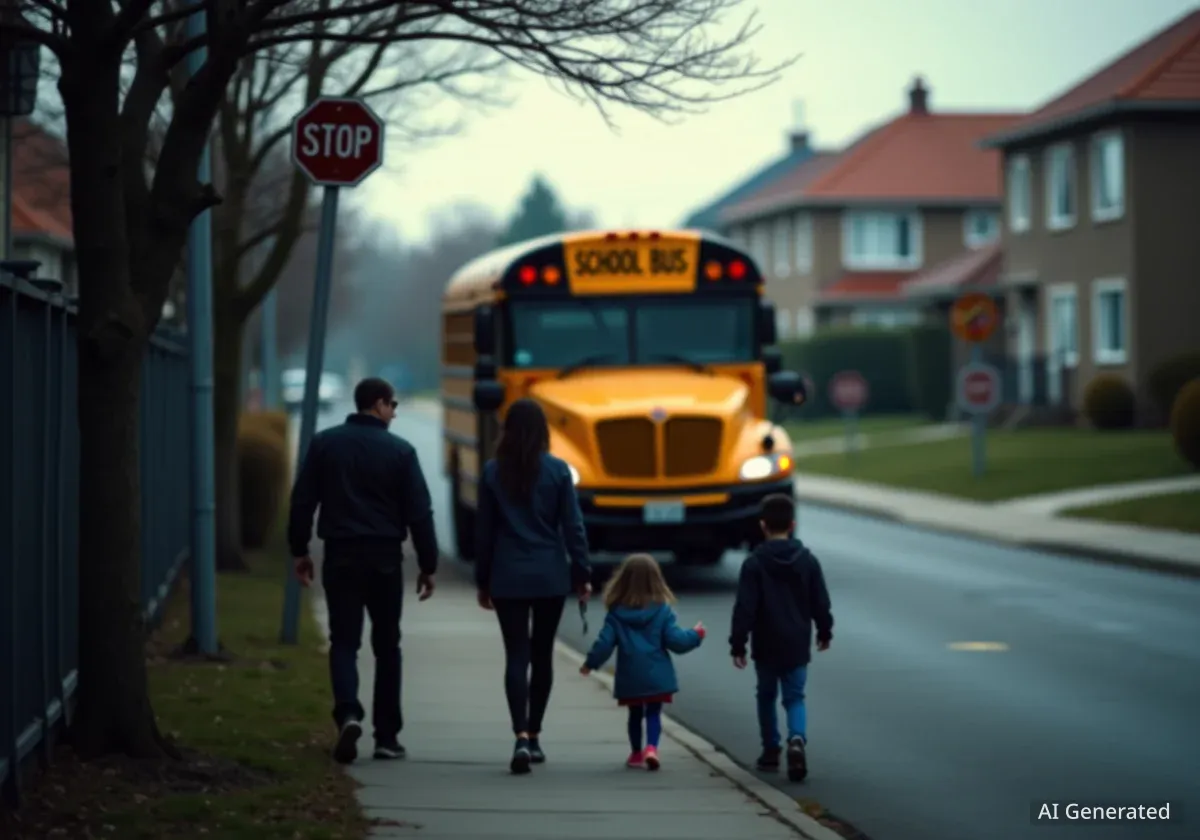The Texas American Federation of Teachers (AFT) has officially joined a lawsuit challenging Senate Bill 12, a new state law that introduces significant restrictions in K-12 public and charter schools. The legislation, which took effect at the beginning of the academic year, has been criticized for its impact on LGBTQ+ students and diversity initiatives.
The legal challenge, initially filed by student advocacy groups, argues that the law infringes upon constitutional rights and federal statutes, creating a climate of confusion and fear among educators across the state.
Key Takeaways
- Texas AFT, a major teachers' union, has entered an ongoing lawsuit against the state's Senate Bill 12.
- The lawsuit alleges that SB 12 violates the First and Fourteenth Amendments of the U.S. Constitution and the federal Equal Access Act.
- The law places bans on gay-straight alliance (GSA) clubs, restricts the use of students' chosen names and pronouns, and prohibits diversity, equity, and inclusion (DEI) programs.
- Educators report widespread confusion and concern that the law's vague language is leading to self-censorship in classrooms.
Details of the Legal Challenge
The lawsuit against Senate Bill 12 was first brought forward in late August by the GSA Network and Students Engaged in Advancing Texas (SEAT). Texas AFT's decision to join the litigation adds the weight of its extensive member base of educators to the case. The plaintiffs include a teacher, a student, and the student's parent, who claim they have been directly harmed by the law's provisions.
The core of the legal argument is that SB 12 is unconstitutional. The plaintiffs contend that it violates the First Amendment's guarantees of free speech and expression, as well as the Fourteenth Amendment's promise of equal protection under the law. They also claim it conflicts with the federal Equal Access Act, a law designed to ensure that student groups can meet in public secondary schools without discrimination based on their speech's content.
Allegations of Vagueness and Overreach
A significant part of the challenge focuses on the law's language, which the lawsuit describes as vague and overly broad. Critics argue this ambiguity creates an environment where educators are unsure of what is permissible, leading to potential harassment of teachers who are trying to follow established curriculum in good faith. This uncertainty, the plaintiffs allege, effectively forces teachers to censor themselves to avoid potential legal trouble or parental challenges.
What is the Equal Access Act?
The Equal Access Act of 1984 is a federal law that requires public secondary schools receiving federal funds to provide equal access to extracurricular clubs. It states that if a school allows any non-curriculum-related student groups to meet, it cannot deny other groups the same privilege based on the religious, political, philosophical, or other content of their speech. This act is often cited in cases involving student-led religious or political clubs, including GSA clubs.
Impact on Texas Schools and Educators
Since SB 12 went into effect, educators have reported significant disruption and confusion in schools. Zeph Capo, the president of Texas AFT, described the challenging position the law places on teachers.
"When educators step in the classroom, we make a promise to support our students and their families. SB 12 asks us to set aside both that promise and the state’s own educator code of ethics to be foot soldiers for Texas’s anti-inclusion crusade."
Capo's statement highlights a central concern among union members: the law forces them to choose between following state legislation and adhering to their professional ethics, which prioritize student well-being and support. The confusion has reportedly led to a chilling effect on everyday classroom interactions.
Widespread Confusion Reported
According to Texas AFT, the law's lack of clarity has caused educators to become fearful of simple actions. Some teachers have expressed hesitation about using a student's nickname or middle name, or even providing basic first aid like a Band-aid, fearing such actions could be misinterpreted under the new rules.
This uncertainty has taken up valuable instructional time as teachers and administrators grapple with how to implement the law. Concerns persist about how SB 12 will be enforced and what specific materials, discussions, or actions could trigger complaints or legal action from parents.
Key Provisions of Senate Bill 12
Senate Bill 12, sometimes referred to by supporters as a "Parents' Bill of Rights," enacts several major changes to the operations of public and charter schools in Texas. Understanding these provisions is key to grasping the scope of the lawsuit.
Restrictions on Student Organizations and Identity
The law directly impacts student life and identity in two significant ways:
- Ban on GSA Clubs: The legislation prohibits the formation and operation of gay-straight alliances, organizations common in schools that provide a support network for LGBTQ+ students and their allies.
- Pronoun and Name Usage: It prevents educators from using students' chosen names and pronouns if they differ from the student's birth certificate without parental consent, a measure that directly affects transgender and gender-nonconforming students.
Prohibition of DEI Initiatives
Another major component of SB 12 is its complete ban on diversity, equity, and inclusion (DEI) efforts within K-12 education. This means schools are barred from promoting or implementing programs, training, or curricula that focus on these concepts. Civil rights groups have argued that this provision could disproportionately harm students of color and those from other marginalized backgrounds by dismantling support systems and educational initiatives aimed at fostering an inclusive environment.
Opponents of the law argue that instead of protecting parental rights, it has become a source of division and interferes with the fundamental goal of educating students in a safe and affirming setting.
Broader Implications and What's Next
The legal battle over SB 12 is still in its early phases, but its outcome could have far-reaching consequences for education in Texas and potentially serve as a model for other states. The case sits at the intersection of state authority, constitutional rights, and the role of public schools in addressing social issues.
Advocates challenging the law argue that it undermines public education by creating an unstable and fearful environment for both students and staff. They believe lawmakers should focus on policies that support schools rather than imposing restrictive measures that lead to litigation and division.
As the lawsuit progresses, school districts, parents, and educators across Texas will be watching closely. The courts will be asked to define the boundaries of state power over classroom content and student expression. Updates on this legal challenge are expected as the case moves through the judicial system.





